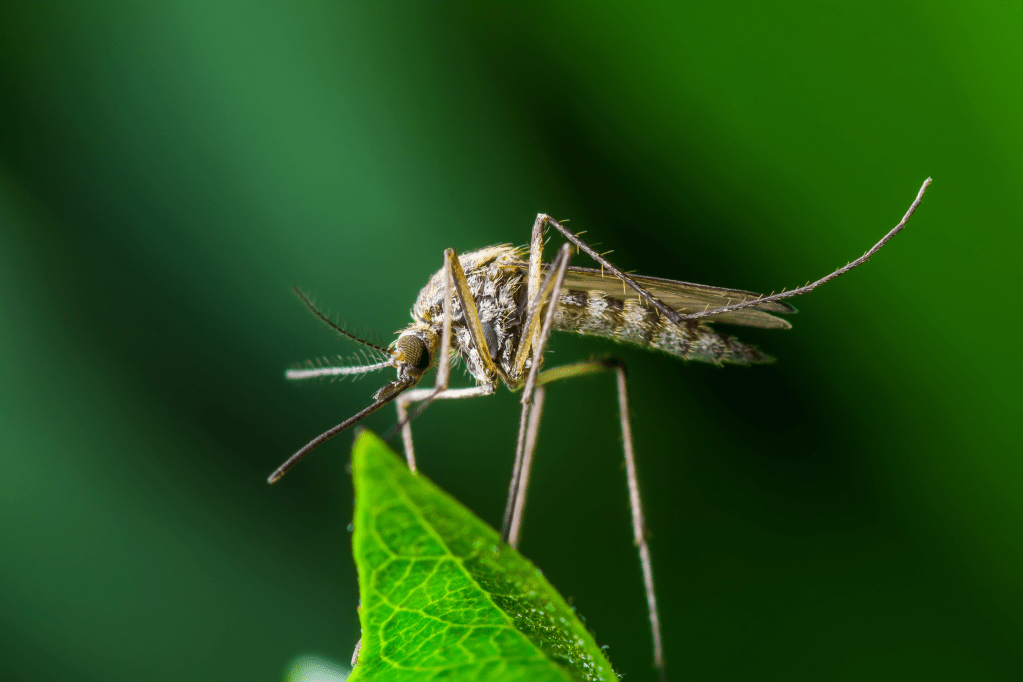
Zika is caused by a virus that is mainly transmitted by infected female Aedes aegypti mosquitoes but also through sexual intercourse. People infected by Zika virus usually have mild symptoms that normally last for two to seven days and can include fever, skin rashes, conjunctivitis, muscle and joint pain, or headaches.
Zika also causes devastating congenital neurodefective disorders, most notably microcephaly, where a child’s head is much smaller than expected, in children born to infected mothers as well as neurological problems in those infected like Guillain-Barré syndrome.
To date, no vaccines or other treatments have been approved for Zika virus. Nor have investigations into other ways of fighting the virus led to clearly effective countermeasures.
But there is good news. Researchers from the University of California, Los Angeles (UCLA) have developed a Zika vaccine technology that is both highly effective and safe in preclinical mouse models. The study—partially funded by the California Institute for Regenerative Medicine (CIRM)—found that in a pregnant mouse model, the vaccine prevented both the pregnant mothers and the developing fetuses from developing systemic infection.

In engineering the vaccine, researchers deleted the part of the Zika genome that codes for the viral shell, the protective shell that a virus forms to evade the immune system. “This modification both stimulates an immunogenic reaction and prevents the virus from replicating and spreading from cell to cell,” said Vaithilingaraja Arumugaswami, D.V.M., Ph.D., Associate Professor of Molecular and Medical Pharmacology at UCLA.
This is important progress because the average length of time between periods of extensive Zika viral spread is approximately 7 years. Given that the virus was last widespread in 2016, “it is only a matter of time before we start seeing the virus spread again,” said Kouki Morizono, M.D., Ph.D., Associate Professor of Medicine at UCLA and co-senior author of this study.
“The ongoing COVID-19 pandemic has shown us the power of a strong pandemic preparedness plan and clear communication about prevention methods – all culminating in the rapid rollout of safe and reliable vaccines. Our research is a crucial first step in developing an effective vaccination program that could curb the spread of Zika virus and prevent large-scale spread from occurring,” said Arumugaswami.
This research is published in Microbiology Spectrum, a journal of the American Society for Microbiology.